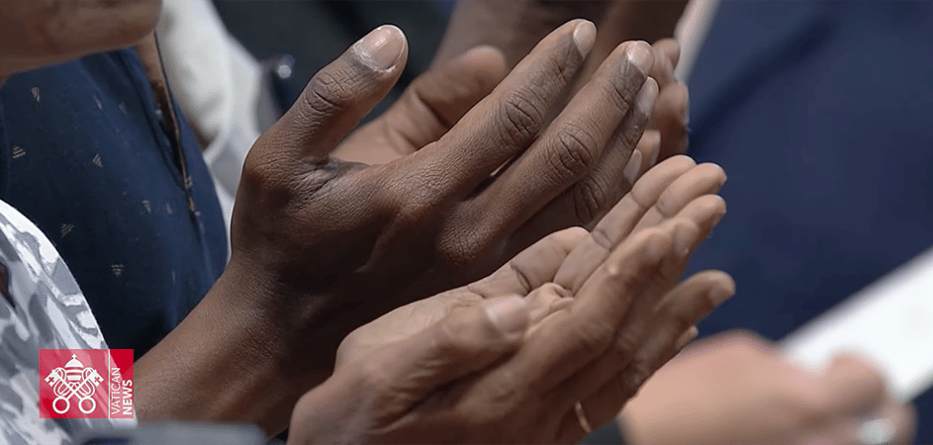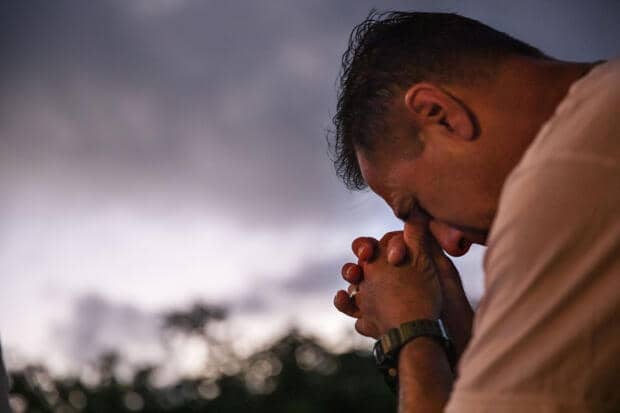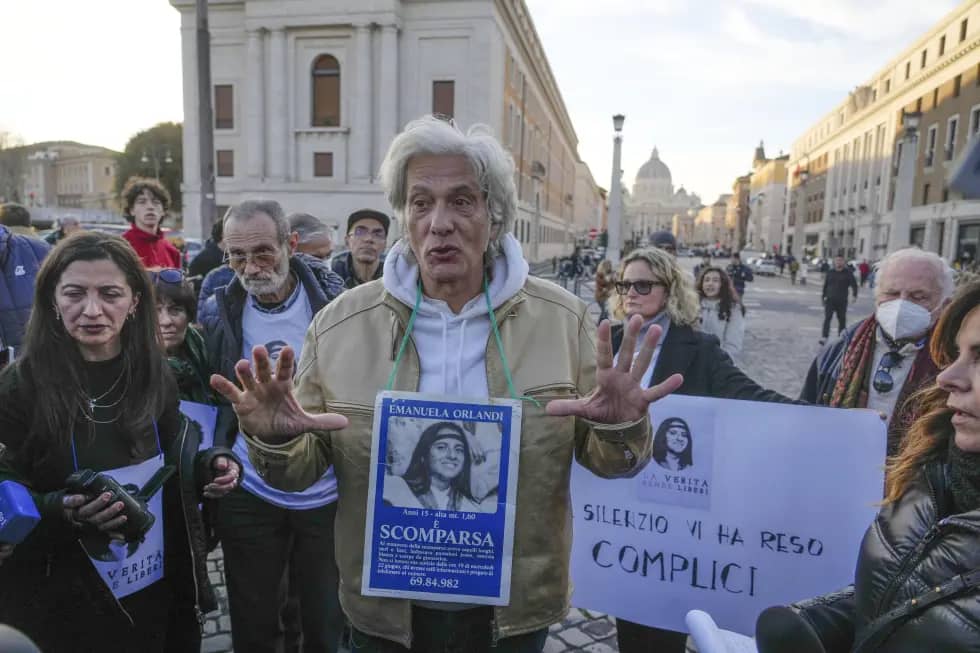The Church has saints from every tribe, language and people. Some of these holy ones are surrounded in obscurity, others are popular for specific cases (thank you, Saint Anthony, for your help in finding my car keys), and then we have the superstar saints. These are the ones that everyone knows.
Of course, Mary and Joseph are at the top of the list, but there’s also the likes of Saint Patrick (compliments of the Irish missionaries throughout the world) and Saint Christopher (who doesn’t even have a declared feast day anymore).
Truth be told, it’s hard for any saint to make it to the top tier. Certainly, more contemporary saints have some chronological odds against them. And yet, we see some surprise exceptions. It seems everyone knows Saint Maria Goretti (who admittedly had an Italian advantage) and it appears that the universal body of believers is also really getting to know and fall in love with Saint Josephine Bakhita, who came from Sudan in Africa.
It’s Josephine Bakhita that I’d like to focus on, not only because her feast day was this past week, but because her story is so apropos to what’s happening in our world and her witness is so needed today by all people of goodwill.
Bakhita grew up in one of the tribes of northwest Africa. Her uncle was the chief of the tribe and her father was one of his counselors. She had many brothers and sisters and lived a relatively peaceful life. All of that changed when, as a younger child, she was kidnapped by raiders and sold into slavery.
The event was so traumatic that the child forgot her name, which didn’t mean much since slaves were not allowed to have formal names. The slave traders just called her “bakhita,” which means “lucky.” Yes, she bore a name that was more akin to a dog. One could only imagine the traders yelling to her, “Come here, Lucky!” “Go there, Lucky!” “Sit down, Lucky!”
Such degradation to any human being is an offense to every human being. It’s a punch to human dignity itself and a bruise on the face of the human family. And yet, it was allowed to happen.
Bakhita was sold to multiple different masters and was the victim of severe beatings, sexual abuse, mockery, and unjust living conditions. After her death, it was discovered that her body bore over 100 scars from such treatment.
The life of this Sudanese woman would never have been known, like so many victims of human trafficking, except one of her masters took her back with him to Italy. While planning a vacation, they had Bakhita stay at a local convent. While this might sound humane, it should be stressed that this was seen in much the same way as a contemporary family might worry about where to kennel their dog.
The sisters, however, saw Bakhita is a very different light. They approached her with gentleness and compassion. They shared the Gospel with her, and Bakhita was blown away. For the first time, she heard that someone loved her. This caused an awakening and a joy within her that she had never known.
The announcement that there was a God, who cared for her and called her to himself, that loved her and would be kind to her was breathtaking. The reality that this God became a human being and suffered for her was something she could never have imagined. The awareness that someone would suffer for her, rather than making her suffer, was a liberation and rebirth within Bakhita’s soul.
The sisters, supported by the local bishop (the future Pope Pius X), rallied the cause and put pressure on the Italian courts. After some deliberation, Bakhita was freed. She sought baptism and took the name “Josephine.” She kept Bakhita (“Fortunata” in Italian). When people asked why she kept her slave designation, she responded that the name was also a part of her, of who she was, and would be a part of her new life in Jesus Christ.
Josephine Bakhita shared the saga of her time in slavery. She woke people up to the evils of human trafficking and other offenses against human dignity. It is said that she often kissed the baptismal font and would say, “Here! Here is where I became a daughter of the King.”
As our world spins in its own darkness, Saint Josephine Bakhita stands as a light and a witness to hope to each of us. In our attacks against human dignity, from victims of human trafficking during the recent Super Bowl or an aggressive abortion law in New York or a denial of healthcare to those who suffer, the salve-turned-daughter offers a different way to our contemporary world.
From the quiet sands of the Sudan, a voice has been spoken and a different message has been offered: Be good to one another. Defend life. Serve your neighbor. Pray for those who do not know God. Will we listen?


















